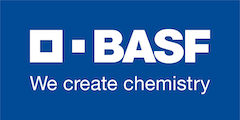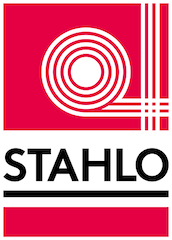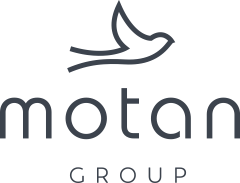Material Identity
An Open Source JSON structure for Digital Certificates of Analysis, unlocking the value of data.
Yesterday
Every year hundreds of millions of certificates of analysis for metals and plastics are exchanged as PDF documents between companies worldwide.
Due to the large variety of formats, the automated processing of PDF documents is complicated and often fails. In the end, humans perform the tedious processing of certificates.
Material certificates contain measured data helpful for optimizing the usage and processing of the materials. The potential reduction in resource consumption goes unrealized.
Today
BASF SE, in collaboration with a leading company in the fittings industry and S1Seven Gmbh, developed the data format for Digital Certificates of Analysis and released it to the industry as Open Source.
Producers and users of materials, technology companies, and consultants serving these industries are developing collaboratively electronic data formats.
Industry stakeholders can use the open-sourced data formats to their maximum benefit and contribute to further development.
The specification and implementation are state-of-the-art technologies and development practices for easy implementation and extensibility.
Benefits
for goods acceptance
Automate the assignment of certificates to orders, delivery notes, and goods receipts.
for quality management
Automate the validation and approval process for materials against normative or custom specifications.
for production
Use actual material data to optimize the parameterization of processing equipment.
for procurement
Compare and evaluate suppliers based on actual material quality data.
for data scientists
Use actual material data to improve product performance and reduce production costs.
for sustainability managers
Use optional PCF information to calculate precise Scope 3 emissions.
Features
for issuers
- Offer higher value to customers by new products combing materials with its data in digital form.
- Leverage the flexibility of modern electronic data formats to fulfill customer desires.
- Reduce implementation and maintenance costs for creating material certificates.
for receivers
- Receive certificates in electronic data format and standardized PDF being backward-compatible.
- Use open source tools to process and visualize data in the preferred form.
- Extract test results with standard libraries.
for developers
- Use tools and libraries complementing the electronic data format for validation and visualization
- Deliver quickly high-value based on contributions by the community and excellent documentation
- Use the electronic data format and tools open sourced with libraries, not limiting the usage to build solutions.
Tomorrow
New versions add virtual material data such as recycling share and carbon footprint to simplify the world's decarbonization efforts.
High-quality electronic data are fundamental for the traceability of materials in the circular economy.
Principles of good open source projects are applied to evolve standards fast in the highest quality.
Documentation
The technical specification of the electronic data format and examples for CoAs for plastics is available at CoA Schema.
The format documentation and description of features maximizing the utility for a broad spectrum of applications are available at CoA Documentation.
The format documentation and description of features maximizing the utility for a broad spectrum of applications are available at Schema Tools.
Community
Initial contributors and early adopters include
Research Institutions
Technology and Service Providers




